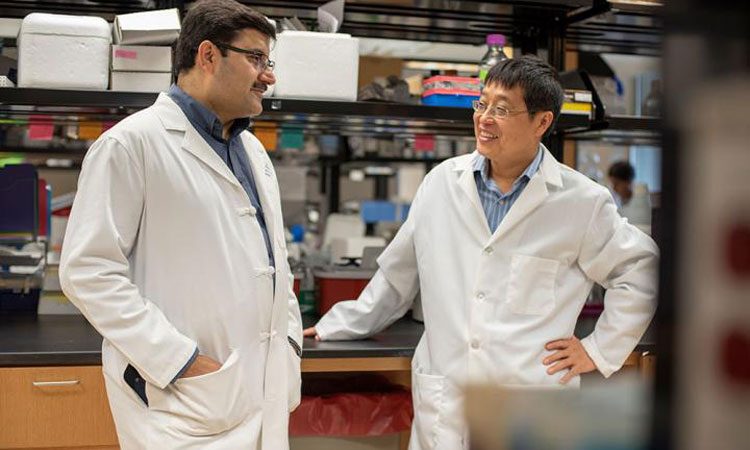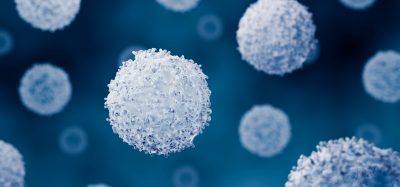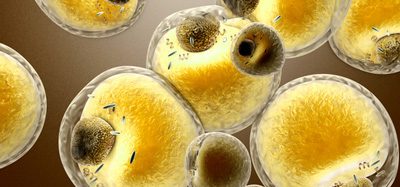Natural antioxidant helps improve immune-based therapies
Posted: 9 July 2019 | Drug Target Review | No comments yet
Scientists have discovered a way to improve immune-based treatments by modulating T cells.


Long-time Medical University of South Carolina collaborators Dr. Shikhar Mehrotra (left) and Dr. Xue-Zhong Yu (right) author papers showing that a natural antioxidant can modulate T cell activity in cancer immunotherapy and graft-vs.-host disease, respectively ( Emma Vought, Medical University of South Carolina).
Researchers, Shikhar Mehrotra, PhD and Xue-Zhong Yu, MD from the Medical University of South Carolina (MUSC) have discovered a way to improve immune-based treatments, such as adoptive T-cell therapy (ACT) and hematopoietic stem cell transplantation (HSCT), by modulating T cells with thioredoxin, a powerful, naturally occurring antioxidant molecule.
Though they study different models, Mehrotra and Yu are long-time collaborators: “Our collaboration is a common interest in the biology of T cells and how to manipulate them to benefit different disease conditions,” Yu explained.
Mehrotra, an associate professor in the College of Medicine and co-scientific director of the Centre for Cellular Therapy at MUSC Hollings Cancer Center, recently published a study that showed thioredoxin extends the life of adoptive T cells by neutralising toxic reactive oxygen molecules (ROS).
“Treating anti-tumour T cells with recombinant thioredoxin before adoptive transfer not only imparted high anti-oxidant capacity,” explained Mehrotra. “It also metabolically programmed these cells to withstand nutrient competition with the tumour – which resulted in better tumour control.”
Mehrotra and his team used a strain of mice that overexpress thioredoxin and performed a standard ACT procedure. They observed increased T-cell viability and anti-tumour activity from mice overexpressing thioredoxin.
They confirmed the findings by engineering human T cells to overexpress thioredoxin and again observed prolonged T-cell lifespan at the site of the tumour. The results suggest that treating human T cells with thioredoxin before administration will increase cell viability and improve the anti-tumour effect of ACT in patients.
Yu (a professor in the College of Medicine and S C SmartState Endowed Chair in Cancer Stem Cell Biology and Therapy) and his team study the development of graft-versus-host disease (GVHD) in recipients of HSCT.
Using a mouse model, Yu’s lab tested the effect of thioredoxin on donor T cells. Yu’s study also found that thioredoxin’s antioxidant effect decreased toxic ROS in donor T cells, made them less reactive to the patient’s healthy tissues and thereby prevented the development of GVHD.
“Thioredoxin is a natural product with no toxicity. We can use it to fine-tune T-cell activation in a way that will reduce graft-vs-host disease but maintain the anti-tumour effect,” Yu said.
The next step for both projects is to induce human tumours into mice and test the effect of thioredoxin-treated T cells in both ACT and HSCT models. This will determine if it can be moved to be tested on patients.
Both studies were published in the Journal of Biological Chemistry.
Related topics
Analysis, Research & Development, T cells, Therapeutics
Related organisations
Journal of Biological Chemistry, Medical University of South Carolina (MUSC)
Related people
Shikhar Mehrotra PhD, Xue-Zhong Yu MD








